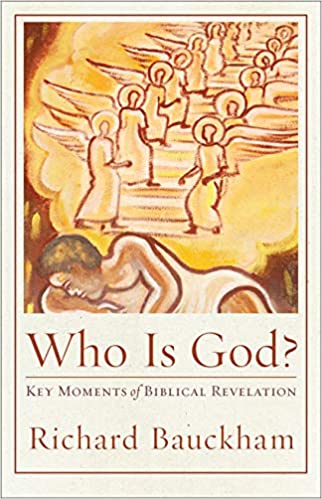BEN: Let’s talk about the much debated Hebrew word hesed. I remember having a chat with Walt Bruegemman at Baylor about this and he was insisting the term means a very specific kind of love— love and loyalty to one’s covenant partners. I was not persuaded the term had these kinds of specific limitations. Hesed is used in the OT to describe both Rahab’s kindness to the spies and Ruth’s relationship to someone she had no covenant relationship with. Furthermore, the term is most often translated mercy in the LXX, and mercy is not something God, or anyone else OWES to another person. Mercy is giving someone something that is not owed or due or the fulfillment of strict justice. I much prefer the translation loving kindness (without necessary covenant limitations, though for sure it is a quality God exercises towards his people) or mercy. Help us understand the semantic range, in your view, of this term and why it is so important?
RICHARD: In the book I discuss the character description of God in Exodus 34:6-7, which includes “abounding in steadfast love [ḥesed] and faithfulness” (NRSV), and trace some of the many echoes of that description throughout Scripture. I think that in the context of Exodus 34, the focus is on God’s relationship with his covenant people. But what we see elsewhere, especially in Psalm 145 and the book of Jonah, is that Israel came to realize that, if this is God’s essential character, it must characterize his dealings with all people and even, in Psalm 145, all creatures Ps 145:8-9). Jonah has to learn that God may be merciful and forgiving even to Israel’s arch-enemy, Nineveh. It is not easy to distinguish the precise nuance of each word in the character description, and I am inclined to think that when the Hebrew Bible speaks of God’s “steadfast love and faithfulness” or even just “steadfast love,” the intention is really to sum up all five of the qualities in Exodus 34:6. Psalm 145:8-9 repeats all five of the qualities and then paraphrases them as “goodness” and “compassion.” I think that John 1:14 (“full of grace and truth”) echoes “abounding in steadfast love and faithfulness” in Exodus 34:6. “Grace” (χαρις) is an unusual, but, I think, not inaccurate rendering of ḥesed, and here too I think that the intention is to recall the whole list of five qualities by citing these two.












